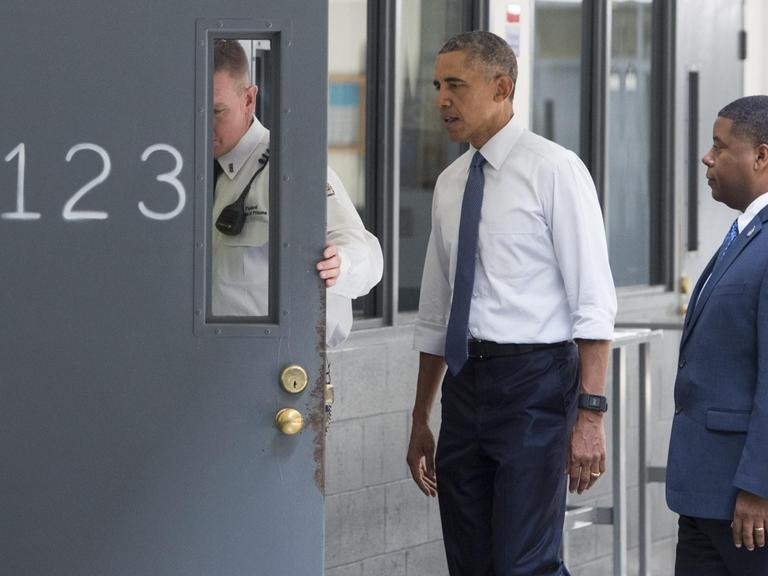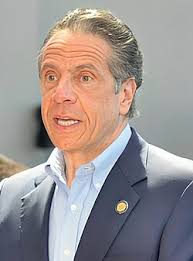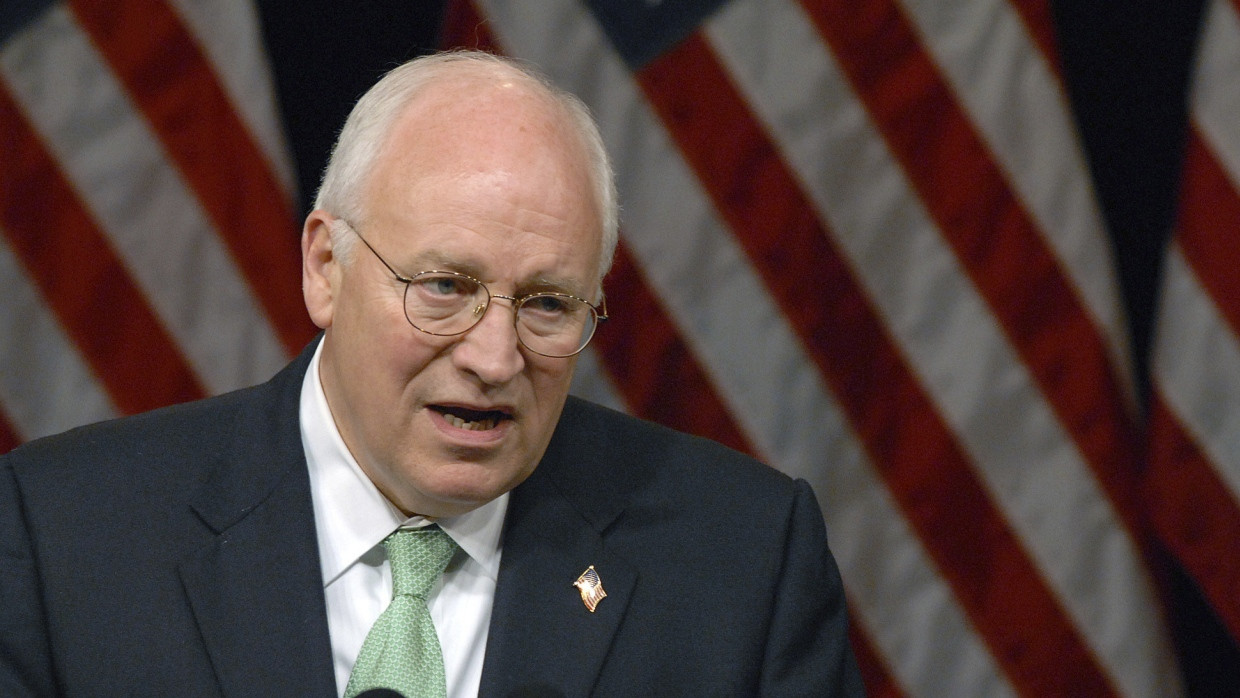
Introduction
Barack Obama, the 44th President of the United States, has left an indelible mark on American politics and society. His presidency from 2009 to 2017 represents a pivotal moment in history, characterised by significant reforms in healthcare, foreign policy, and civil rights. As America navigates contemporary challenges, Obama’s influence remains significant and relevant, inspiring new generations of leaders and thinkers.
Key Achievements During His Presidency
One of Obama’s hallmark achievements was the Affordable Care Act (ACA), often referred to as ‘Obamacare’, which aimed to expand healthcare coverage to millions of uninsured Americans. The ACA has been credited with lowering the uninsured rate to historic lows. Furthermore, his administration’s emphasis on green energy and climate change initiatives set a precedent for future policies aimed at combatting global warming.
Additionally, Obama’s approach to foreign policy, characterised by a tendency towards diplomacy and multilateralism, was encapsulated in his efforts to restore relations with Cuba and the landmark Iran nuclear deal. These actions not only reshaped American foreign relations but also illustrated his philosophy of engaging with adversaries rather than resorting to isolation or confrontation.
Current Influence and Continued Engagement
Since leaving office, Obama has remained active in political and social issues. He recently launched the “My Brother’s Keeper” initiative, which aims to address systemic barriers facing young men of colour. His public appearances highlight the importance of civic engagement, particularly among younger voters. Obama’s speeches continue to garner significant attention as he speaks on pressing issues such as social justice, voting rights, and climate change, galvanising public sentiment and action.
In recent events, Obama endorsed candidates for the 2022 midterm elections, reinforcing his role in shaping the Democratic landscape and mobilising support for progressive agendas. His endorsement is seen as crucial, not only due to his popularity but also because it signals party unity in the face of growing political divisions.
Conclusion
Barack Obama’s presidency significantly transformed the narrative of American politics, fostering discussions on healthcare, equality, and global diplomacy. As contemporary issues develop, his legacy will likely continue to influence political discourse. Obama’s advocacy for future leaders to embrace public service and activism resonates deeply, ensuring that his impact on society and politics will endure. Looking ahead, observers anticipate that his role as a thought leader will be crucial in shaping the direction of the Democratic Party and addressing the challenges facing the nation.
You may also like

The Political Legacy and Legal Scrutiny of Andrew Cuomo

Understanding the Legacy of Dick Cheney
